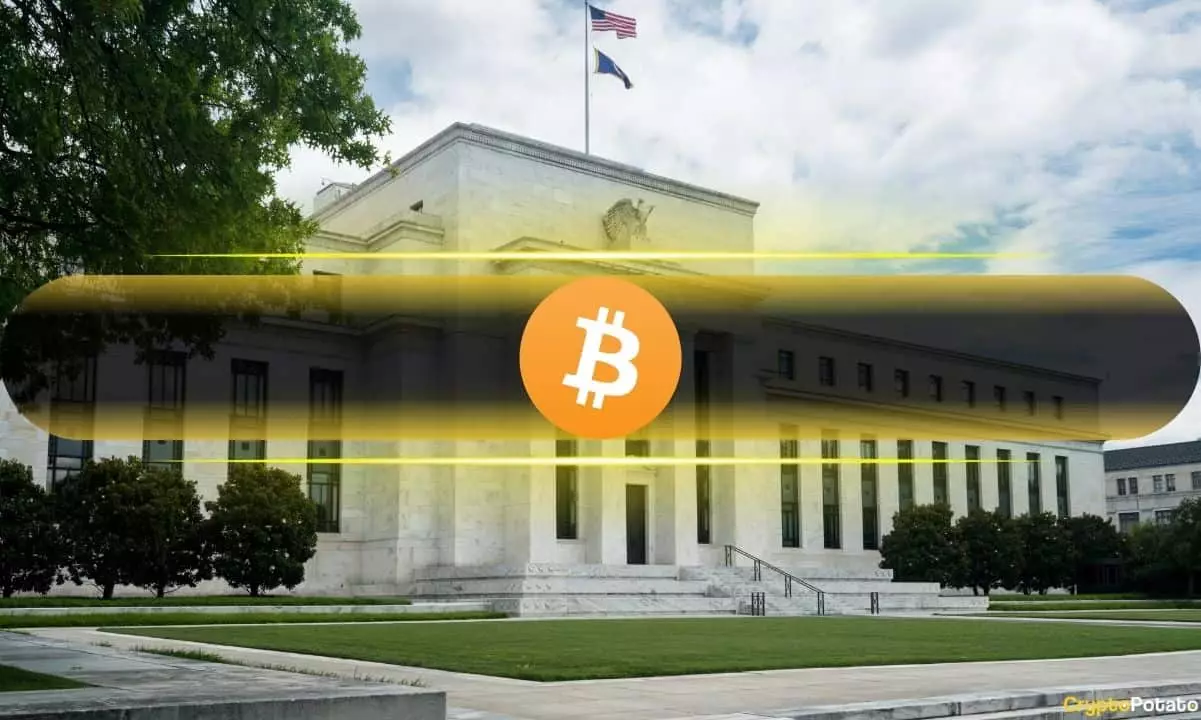The emergence of cryptocurrency has initiated profound discussions around its implications not only in finance but also in political spheres. Recent insights from a survey conducted by ConsenSys and HarrisX elucidate how the crypto landscape is intrinsically linked to voter preferences in the United States. With an almost equal division of the electorate considering pro-crypto policies as critical in their voting choices, it is clear that the political establishment must take notice.
The Crypto Influence on Voter Behavior
The survey indicates that a substantial 49% of voters prioritize pro-cryptocurrency candidates. This figure underscores a pivotal trend where candidates who endorse supportive policies around cryptocurrency could significantly enhance their electoral appeal. Furthermore, a striking 62% of respondents are prepared to align with candidates across party lines, signaling a burgeoning political landscape that could redefine traditional partisan divisions based on an individual’s stance on crypto.
The implications for political candidates are immense. In a climate of fierce competition for every vote, acknowledging the importance of crypto can serve as a crucial differentiator. It reveals a shifting electorate that not only demands clear policies but is also willing to navigate the often-treacherous waters of bipartisanship for the right candidate.
Amid growing enthusiasm for cryptocurrency, voter apprehension around current regulatory frameworks cannot be overlooked. A notable 44% of voters feel dissatisfied with the Biden administration’s handling of cryptocurrency regulation, suggesting that there exists a public perception of regulatory inadequacy. Furthermore, fraud prevention resonates as a significant concern, with 78% advocating for politicians who emphasize safeguarding users from crypto-related scams.
Joe Lubin, CEO of ConsenSys and co-founder of Ethereum, points out a critical misunderstanding—that the crypto community is fundamentally against regulation. In reality, there exists a sincere push for regulatory clarity and consumer protection that transcends party lines, reinforcing the notion that cryptocurrency can be viewed as a unifying topic in American politics.
Despite the eagerness for comprehensive regulations, the survey highlights a shocking knowledge gap among voters regarding the current regulatory landscape. Only 15% successfully identified the Securities and Exchange Commission (SEC) as the key regulatory body for cryptocurrencies, with other entities, including the Commodity Futures Trading Commission (CFTC) and the U.S. Treasury Department, drawing similarly low recognition rates. This confusion can stall effective advocacy for policies that could bolster consumer confidence and investment in the crypto market.
When asked which agencies are perceived to be best equipped to establish crypto policies, a substantial 70% endorsed the SEC, closely followed by 67% in favor of the CFTC. This disparity between recognition and comprehension indicates a pressing need for educational initiatives regarding the governance of digital assets.
The survey also scrutinizes the proficiency of prominent political figures regarding cryptocurrency. Former President Donald Trump emerges as the most widely perceived knowledgeable figure, guiding 53% of voters to regard his understanding as adequate for policy formulation. In contrast, President Biden and Vice President Harris lag behind, with only 36% and 41%, respectively, earning favorable ratings.
Such dynamics point to a broader conversation about the necessity of informed leadership in the realm of digital assets. Candidates hoping to seize the pro-crypto momentum must not only champion relevant policies but also exhibit a comprehensive understanding of the sector to earn public faith.
The Path Forward for Political Candidates
As it stands, many voters express an urgent demand for clearer regulations and enhanced consumer protections to foster confidence in cryptocurrency markets. This sentiment persists among voters across party lines and key battleground states, collectively emphasizing the necessity for greater transparency within the sector.
The findings from the ConsenSys and HarrisX survey reveal that cryptocurrency is not merely a niche interest but a crucial consideration for a significant portion of the electorate. Candidates who recognize and act on this will not only address pressing concerns regarding regulation and fraud but also position themselves strategically within a rapidly transforming political framework. As the financial landscape continues to evolve, so too must the political narratives that deflate outdated misconceptions and pave the way for a more inclusive and informed electoral discourse around cryptocurrency.


Leave a Reply